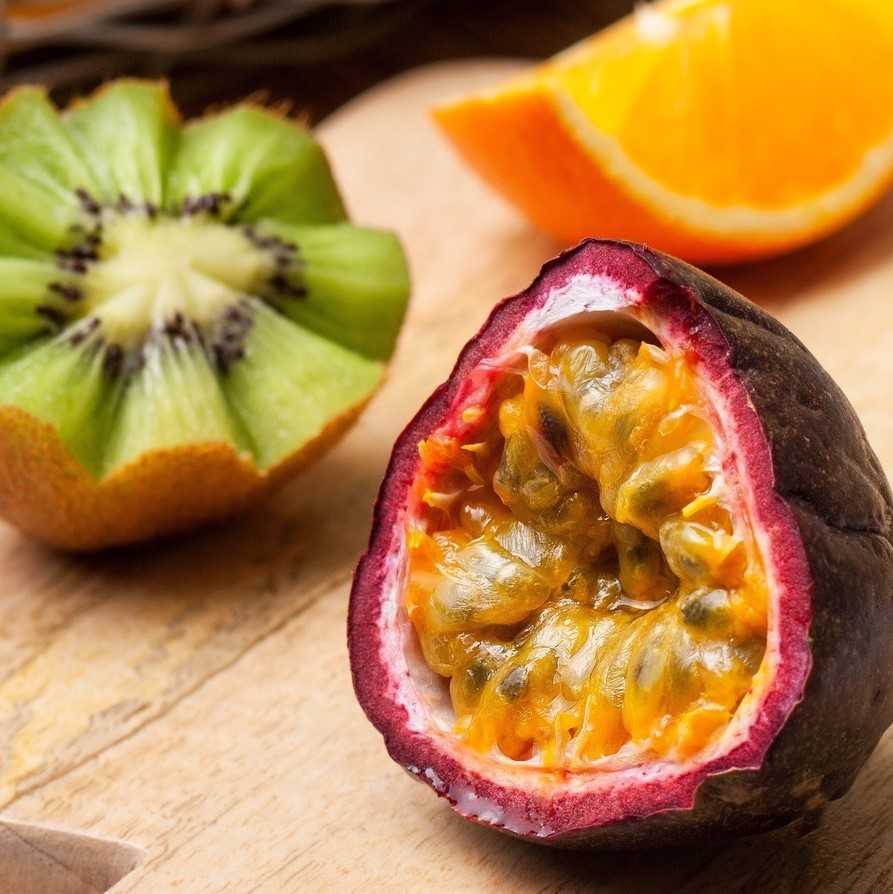The best part about my GENESIS program , is that I get to talk to number of individuals, from virtually every profession and age groups, from around the world.
When I speak to them every day, I get to learn a lot from them, when they share their stories about their life and experiences. Sometimes it makes me laugh, sometimes I get emotional, and other times I also get angry at what they have been through, because of someone else’s mistake.

I also keep sharing my experiences with viewers of my social media channels, so that they can learn from these mistakes, and beware of such mishaps in the near future.
One of the many, but quite common issue I face with clients, is the wrong recommendations of food choices, a clear indication of copy pasting a western diet from Google, without understanding the basics of individual food choices, their culture & traditions, their allergies & sensitivities, their preferences and more over the availability of those foods.
Recently a client from Sikar, Rajasthan, spoke to me before enrolling in my Genesis, like all the clients do either before or immediately after enrolling. He seemed to have a sense of mixed emotions. A bit of frustration, but more of self-doubt and concern, as to whether he would ever be able to have a good physique, without eating the fancy & exotic foods, which his former nutritionist and trainer have recommended.
For people who don’t know, Sikar is a city located midway between Agra and Churu on the National Highway 52 in the state of Rajasthan in India. During medieval times, Sikar, Churu and Jhunjhunu district comprise of the Shekhawati region of Rajasthan. Today it’s one of the great tourist destinations in Rajasthan.
With the advent of Internet and the social media, people from every walk of life,from different and remote corners of the country, are able to access the information and knowledge, which was previously considered out of reach.
In fact, it’s the other way round too. People living in Tier I cities and developed metros, are now able to get information and knowledge about the beautiful untouched places in the country, which they had never heard of before.
The same is the case with fitness and nutrition information. Youngsters from all parts of the country, are able to access the best of workout and nutrition information online.
But with this sudden rise, has its own set of problems. The primary being that, most individuals are not able to decipher between what’s right and what’s wrong. Social media has more useless, wrong and fake information, than useful one. This is true not just for fitness & nutrition field, but for most other fields be it finance, education, medical etc.
Let me give you an example of this issue. When it comes to obesity and weight loss issues, it’s nothing new and virtually every other person is looking for an easy solution. The problem is that instead of telling the truth behind the right kind of exercise, diet or supplementation, there are people giving all sorts of self-made pseudoscientific information, simply with the motive of profits. Or, they are simply copy pasting information, irrespective of who that information is for.
Just like this Genesis member. When I was talking to him, he worryingly asked me, that whether he can build a good physique ever in his life, without eating Avocado, or broccoli, or apple cider vinegar? As this was the major part of the diet given to him by his previous coach and nutritionist.
He said, that he has tried every shop in Sikar and even nearby areas, not even a single person has ever even heard of an Avocado, broccoli, or ACV. And he had given up hopes, as he had seen most people with a good physique, on social media eating such exotic foods.
This is not a new issues. There have been such non-sensical recommendations in hundreds of people I have consulted. Sometimes a South Indian is told not to have rice and coffee, and other times a North Indian is told to avoid roti and tea. But even worse, they are asked to consume the most exotic and fancy foods, which most Indians have never even heard of before. Or if they have, mainly through the social media, then it’s impossible to get access to them.
And cherry on the cake, even if you get access to them, they cost so exorbitantly high, that people will think ten times before buying them even once, forget about making them a part of their daily nutrition.
Foods like Avocado, Kiwi, Dragon Fruit, blue berries, goji berries, broccoli, asparagus, olives, passion fruit, mangosteen etc. just to name a few.

Are these nutritious? Of course they are. But there is absolutely nothing special about any of them. They are not native to our country, and because of globalization, are being imported from around the world, due to which they cost many times more than what they would cost in the countries where they are grown and locally available. Just like foods from India would cost when exported to other nations.
Let’s see the price difference more practically:
An avocado at Walmart online store in US costs app. $0.88 to app. $1.
Whereas in India, it may cost anywhere from Rs. 150-250 or even more, for a single piece.
Which means a person consuming an Avocado every day would pay app. $30 for the entire month.
On the other hand, a person in India, to do so, would have to shell out somewhere between Rs. 4500-7500 a month.
But you don’t compare the prices based on currency difference. As for a person in India, earning app. 50k a month, would have to shell out over 10% of his entire salary just to buy an Avocado. Whereas, the percentage of a person earning $5000 a month in US, would not be even 1%.
Though most of these exotic fruits and vegetables are being locally grown in some parts of the country, but it’s still a long way to go before they can be within the economic reach of most Indians.

Now, let’s talk about nutrition values. Because that’s what our amazing Indian educated, western influenced trainers and nutritionists, think is way high in these foods.
But when was the last time you compared apples and oranges? Both are fruits, have distinct tastes and nutrition values. Both are great for health.
The Indian recommendations for fruits is app. 150gm a day, and app. 350gm a day for vegetables .Whereas, the WHO/FAO report recommends 400g edible fruit and vegetables per day.
Can anyone show me if there is any recommendations or special mentions of broccoli, dragon fruit, avocado, asparagus or blueberries? That’s because every country in the world have different fruits and vegetables, which are locally grown and available at a price which is within the reach of majority of their population. And that’s the best dietary recommendations for them.
Therefore, all these western influenced trainers and nutritionists, should be first made to read local nutrition & dietetics books, before they start giving advice to people.
Remember, you are consulting Indian people from different age groups, multiple cultures, all having varied eating habits. You aren’t consulting a Bollywood actor or actress, who have all the time and resources at their disposal and whose primary aim is to look good.



